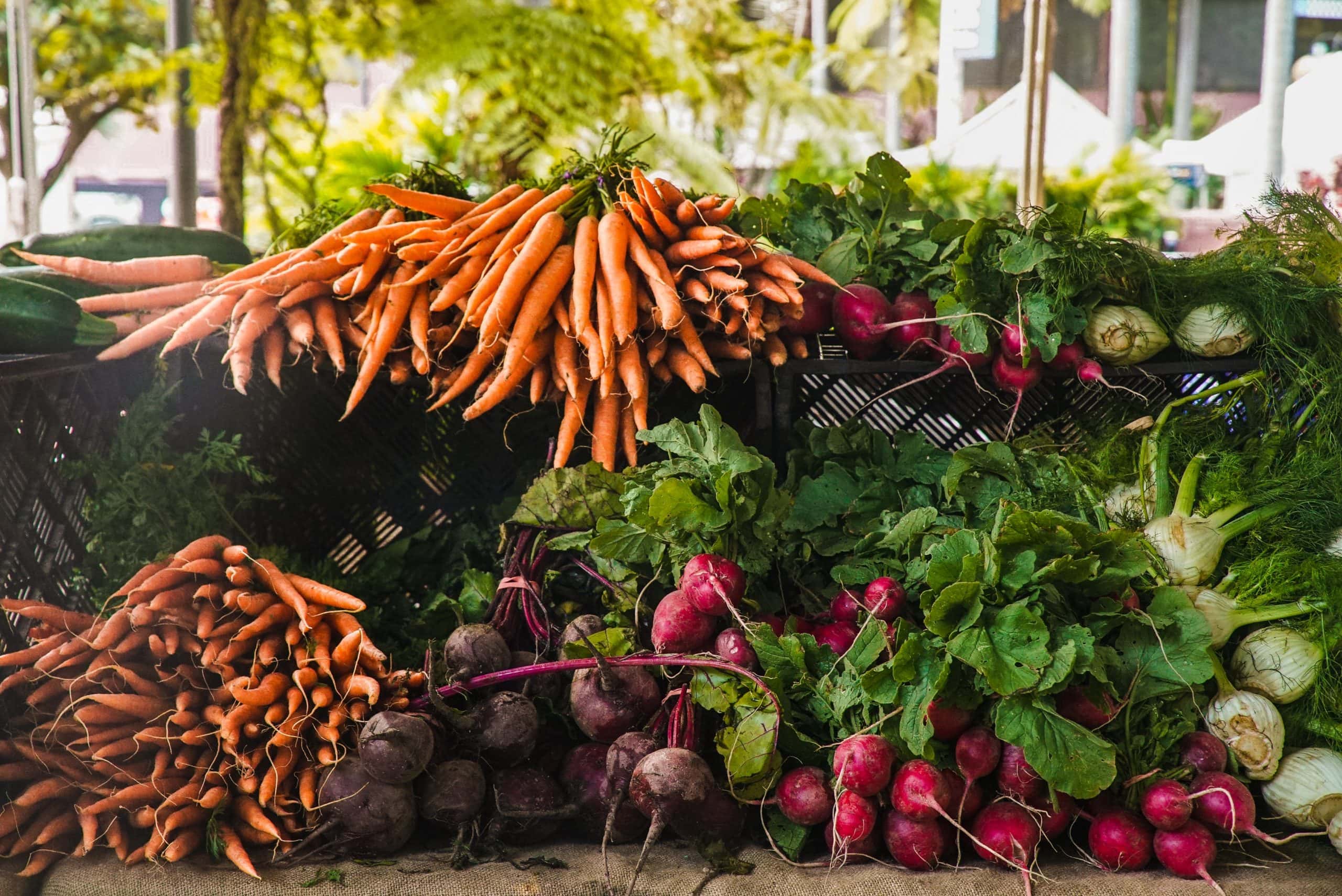You may have heard an increase of the words “local” and “sustainable” through word of mouth, the media, or at your grocery store. What does this all mean to you? It becomes apparent that the food choices we make every day can affect not only your health, but have impacts on your community as well. We make more than 200 food choices a day, so it is important to consider how these choices impact our planet and contribute to big differences. Use these tips to eat more locally and sustainably!
We do recognize that sharing these recommended changes and considerations come from a place of privilege in terms of accessibility to local foods, economic factors, and time constraints. Not everyone is able to incorporate these changes into their lives, and this is totally understandable. It is good to not be hard on ourselves and realize that not everyone has the capacity to make these changes. By making small changes and spreading the word about sustainability, it can be a great way to have an impact and make a difference!
Here are some things you can do to make sustainable food choices and eat local (if you can):
Limit processed and packaged foods
Food processing takes a lot of resources in order for it to last a long time and survive in transportation. By having a focus on fresh and unprocessed foods, we can eliminate some of the environmental impacts such as transportation methods and packaging that is required for these foods.
Support your local farmers market
Not only can supporting your local farmers market give you the opportunity to try new foods and support your local economy, but it can be a super fun outing to do with your friends and family. When we buy local ingredients, it reduces the energy that is required to ship and transport foods from place to place. In addition, this can support local farmers. Local farmers rely on crop rotation, which reduces the usage of pesticides and soil is recycled. This is great for the flavour profile and make up of foods.
Speak with your dollar!
Even if you do not understand business and economy, we can all agree that supply relies on demand. As consumers, we have a strong buying power, meaning that our purchases influence the food environment around us. By choosing minimally processed foods and supporting restaurants that use locally sourced foods, the food environment will change and food distributors and policy will reflect the values of the population.
Research about local businesses around you
Finding smaller companies around you that use sustainable practices and source local ingredients can be a great way to consume these products. Alike the last point, by supporting these companies, other companies will be encouraged to do the same. When you buy foods that are local, they do not use a lot of fuel to be shipped from elsewhere, and packing to be preserved.



